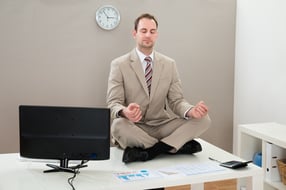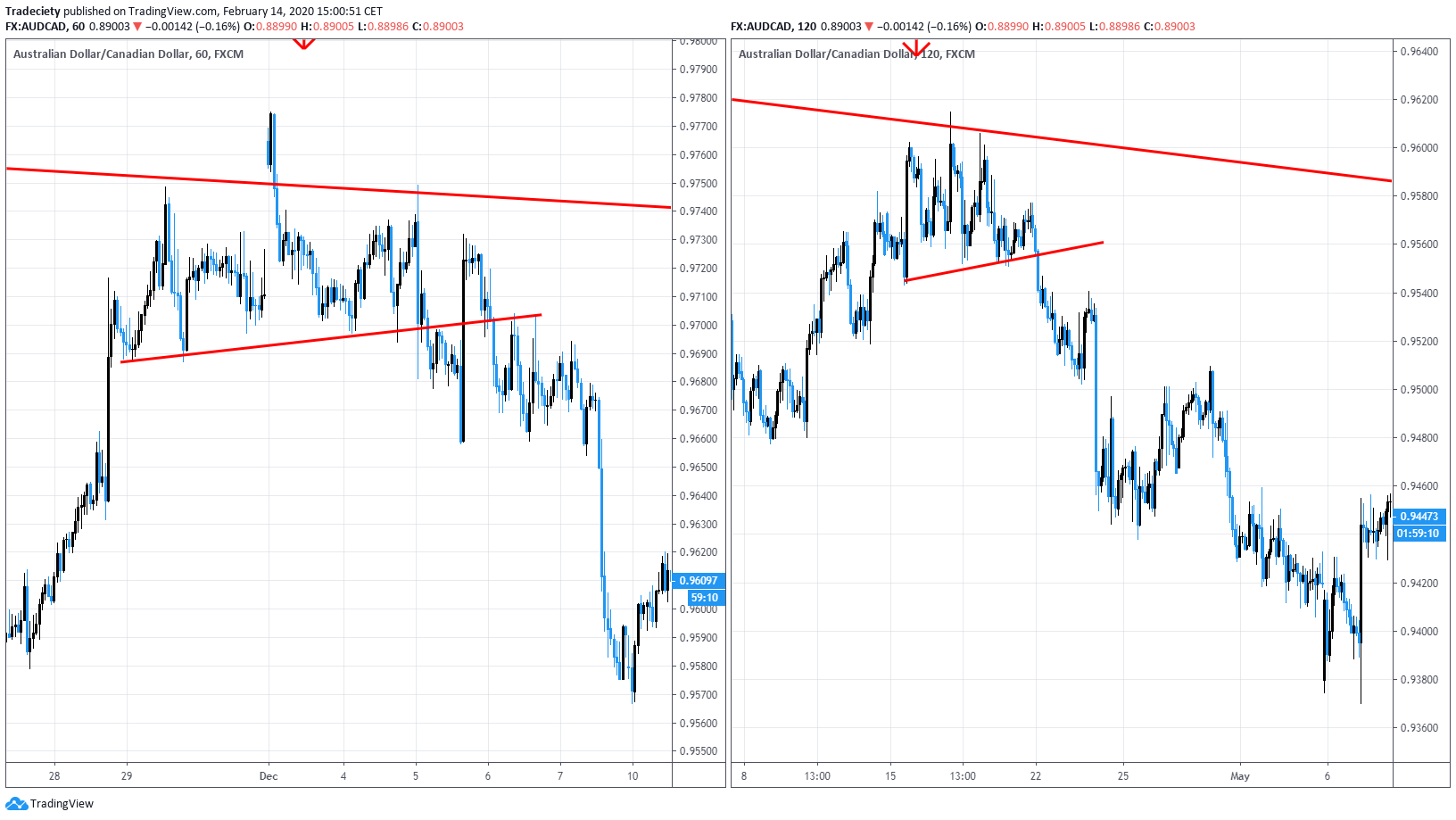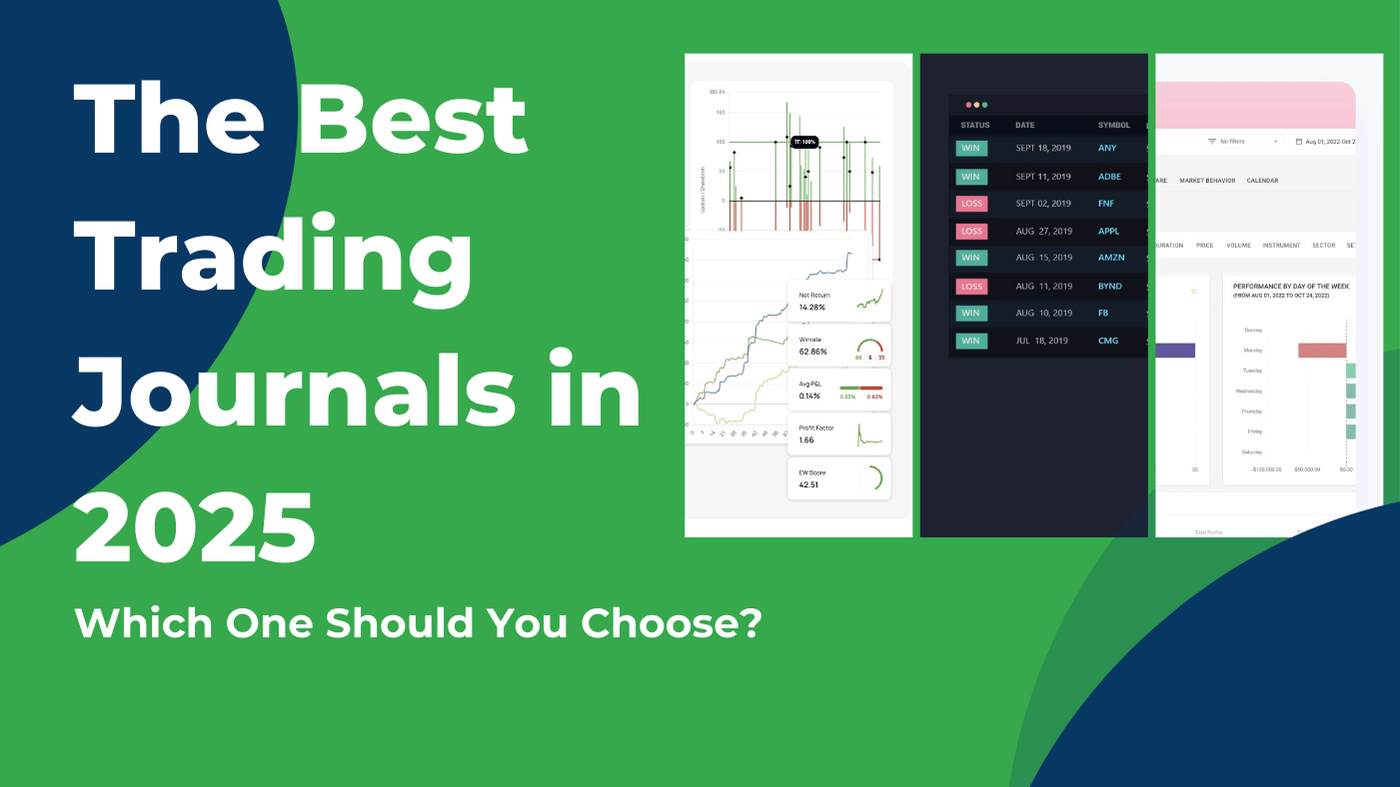3 min read
Scientist Discovered Why Most Traders Lose Money – 24 Surprising Statistics
“95% of all traders fail” is the most commonly used trading related statistic around the internet. But no research paper exists that proves this...
3 min read
Rolf
Aug 5, 2018 8:00:00 PM

I recently came across Josh Waitzkin after listening to his interview with Tim Ferriss. Josh Waiztkin became a chess ‘superstar’ as a child and a grandmaster later on, before making a radical change and pursuing a career as a martial artist. In both fields he made it to the top of the world.
Josh Waitzkin now also does consulting for high achievers and also coaches top traders and people in the finance industry.
In his book “The art of learning” he shares many different tips, techniques and concepts on how to develop superior skills and become better in any field. I condensed 4 of the most important lessons from his book and put them into the context of trading. But I still encourage you to get the book for yourself to learn about all the other lessons and tips he shares – it will definitely be worth your while.
 Waitzkin often had to make tough decisions under very challenging conditions – in the heat of a chess battle or during a martial arts fight. Staying in control of your emotions is a key element and what separates the winner from the loser.
Waitzkin often had to make tough decisions under very challenging conditions – in the heat of a chess battle or during a martial arts fight. Staying in control of your emotions is a key element and what separates the winner from the loser.
Waitzkin emphasizes the importance of regaining focus and separating yourself from the scene to get a new perspective and a clearer view. He did that by splashing water into his face, getting up to grab a drink, deep breathing, and even doing some quick physical exercise. He calls this technique “mental / psychological flushing” because it takes your brain off the subject completely for a minute or two. Afterwards you come back refreshed and with a brand new perspective.
As traders, we deal with challenging decisions daily and how we deal with the psychological aspects of trading makes the difference between win or loss.
Making a bad call right after a loss or an impulsive move after missing a trade are just two examples. If you find it hard to deal with emotions, separate yourself from your trading platform after a trade. Just walk away for 5 – 10 minutes, do something completely else and when you come back you can look at things in a different way.

Every day we are bombarded with exciting news, flashy advertisements, attention-grabbing headlines and highly inspiring stories. What this does to our minds can be deadly for novices who can’t filter the input correctly. We are so used to seeing new and exciting things all the times that we get bored easily. When nothing happens, we are looking for distractions which then often lead to making mistakes.
Trading isn’t always exciting and sometimes the markets just don’t do anything for hours or even days. How you deal with these situations decides over your fate as a trader. The professional traders stay focused, they analyze their past trades, they revisit their trading plan and journal their trades. Or, they just walk away and use their ‘free time’ in a more creative way.
On the other hand, the amateur trader tries to create excitement. He randomly flips through time-frames, charts and markets and tries to make up excuses why taking a trade would be the right thing to do.
“…almost without exception, champions are specialists whose styles emerge from profound awareness of their unique strengths, and who are exceedingly skilled at guiding the battle in that direction.” – Josh Waitzkin
How did you ‘find’ your current trading system? Did you buy it from a landing page? Is it an indicator package you downloaded in a forum or something you picked up in a chatroom? A trading system is a very personal thing and it has to be modeled around your personal strengths and weaknesses.
Audit yourself: Are you patient? Risk seeking? Can you deal well with losses? Can you focus for a long time without needing a break? Do you easily screw up once you are in a trade or can you handle retracements?
It becomes obvious very quickly that traders should adjust their trading parameters according to their own profile. One size fits all does not work.
The professionals don’t get wind up in fancy techniques. In competition, those who win are usually the ones who have better honed skills and it is not the one with the most creative or extravagant technique. In professional sports, repeating the basics and continously working on the foundation skills is what separates the pros from the amateurs who always seek excitement and do not strive for mastery in the core skills.
Don’t try to run before you can walk!
I often see traders who still make bad beginner’s mistakes and are clearly struggling with the basics, but still ask for tips on advanced concepts. If you are still too emotional, you can’t follow your rules, you do not write trading plans or if your risk management is all over the place, do not try to tweak your trade management or waste time on advanced position sizing.
Focus on the task right infront of you. Working on the basics and improving your trading foundation will have a much bigger impact on your performance than trying to squeeze out a few more pips here and there.
I also wrote about this in my recent article: The easy path to profitable trading
Now it is on you. Where do you start? The podcast with Waitzkin’s interview also includes many great lessons about high achievers. But, most important, is to enjoy the process. You need to develop a passion, not only for trading, but also for learning and improving as a personal being. Simply, enjoy your time!

3 min read
“95% of all traders fail” is the most commonly used trading related statistic around the internet. But no research paper exists that proves this...

3 min read
Trendlines can be great trading tools if used correctly and in this post, I am going to share three powerful trendline strategies with you.

3 min read
Choosing the right trading journal is essential for traders wanting to analyze performance, refine strategies, and improve consistency. In this...